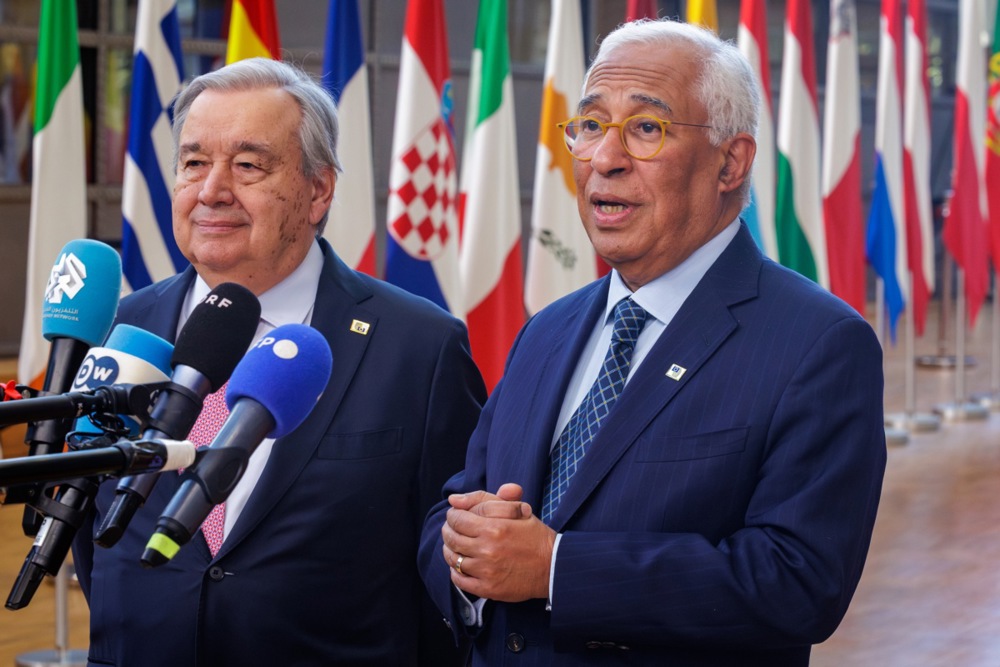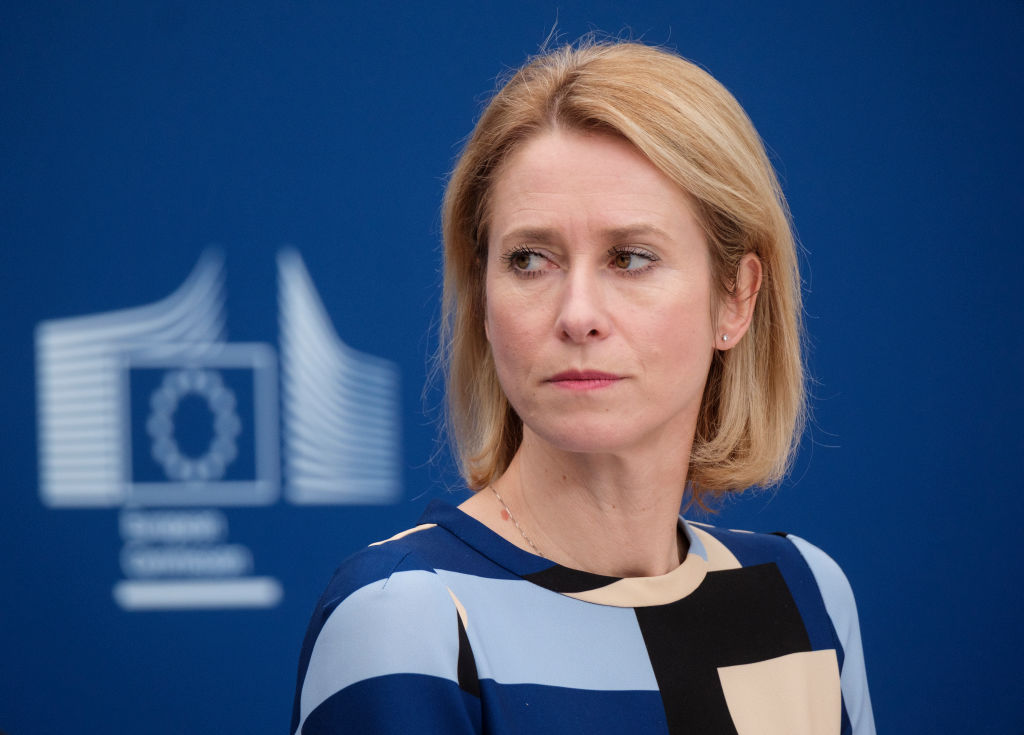The European Commission has given the green light to Poland’s clampdown on asylum applications after recognising that the country is facing a unique set of problems.
Warsaw said on March 21 that it would “restrict” asylum applications at the Belarus border on the grounds that Belarus is encouraging migrants to cross illegally.
The new law will enable the government to temporarily suspend asylum applications in designated border areas. Officials have argued that was necessary to maintain security, while human rights organisations have expressed alarm.
Polish commercial radio RMF FM reported that a source from the EC stated “that there is awareness that Poland is facing a specific situation on its eastern border, where migration is used as a weapon by Russia and Belarus”.
For years, Poland has maintained a strict approach at its Belarusian border, implementing pushbacks and limiting asylum access. These policies have in the past drawn criticism from European Union officials.
Also on March 21, Polish Prime Minister Donald Tusk said his country would no longer comply with the Dublin Regulation, an EU legal act assigning responsibility for processing an asylum claim to the first member state where an application is filed.
The PM argued that Poland was already under migration pressure due to the large number of refugees arriving from Ukraine and ongoing challenges at its eastern border.
He said Poland would neither accept migrants returned from other European countries or implement the relevant provisions of the agreement. Tusk added that Poland would “not accept migrants from other European countries either”.
Since 2021, tens of thousands of migrants from the Middle East, Asia and Africa have attempted to cross into Poland from Belarus.
Many of those who got across then moved onward to Germany, which responded by reintroducing border controls with Poland in 2023 and turning back migrants who did not have the right to legally settle in the country.
Tusk told reporters in Brussels that he had “informed our German partners that as a result of migratory pressure caused by the numbers of refugees who have arrived from Ukraine and our problems on our eastern border Poland cannot implement the parts of the agreement relating to returning migrants”.
Since Russia’s invasion of Ukraine in 2022, Poland has became a primary destination for refugees fleeing the conflict, with Poland remaining as home to almost 1 million Ukrainian settlers.
While giving Warsaw more flexibility with its border problem, the EC said it remained committed to proper implementation of the Dublin Regulation. “All member states are required to fully comply with current asylum rules,” the bureaucracy said.
With Poland’s presidential election approaching in May, migration has remained a politically charged issue.
Migration was superficially discussed at the EU Council summit on March 20, with Council conclusions referring to the need to strengthen external borders and ensure more efficient returns.
A growing number of EU member states are in favour of “a more security-driven migration approach”.
Krzysztof Mularczyk has contributed to this reporting.





